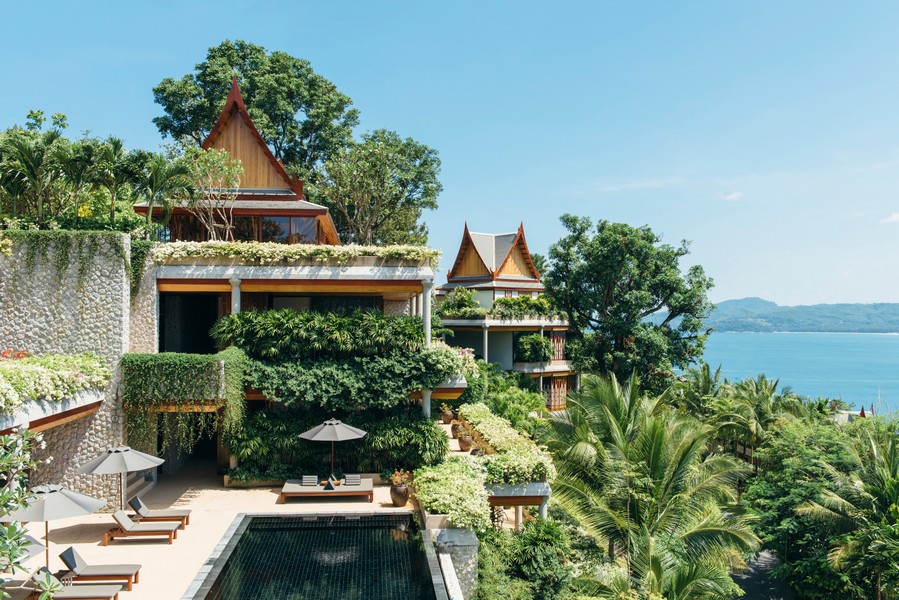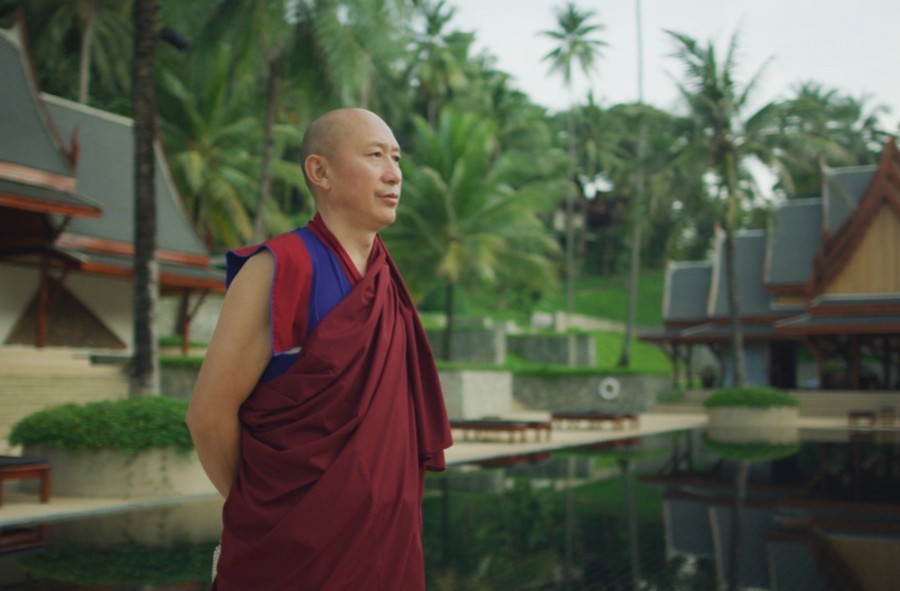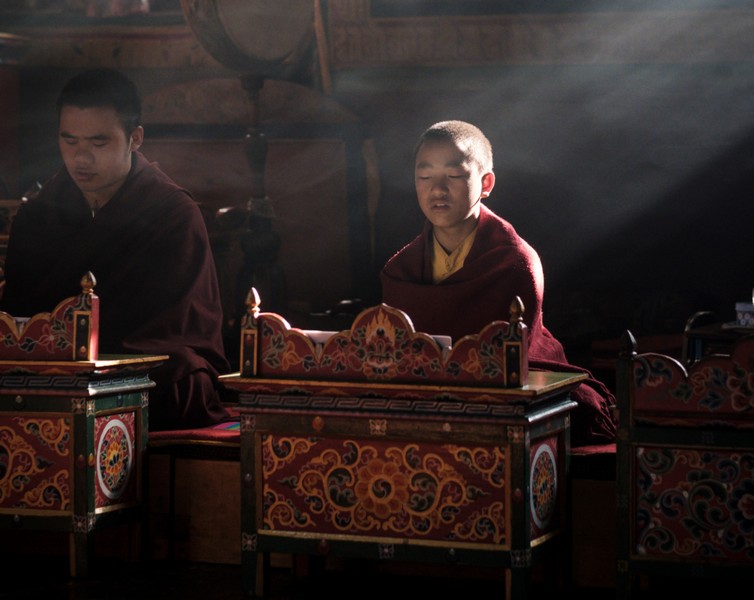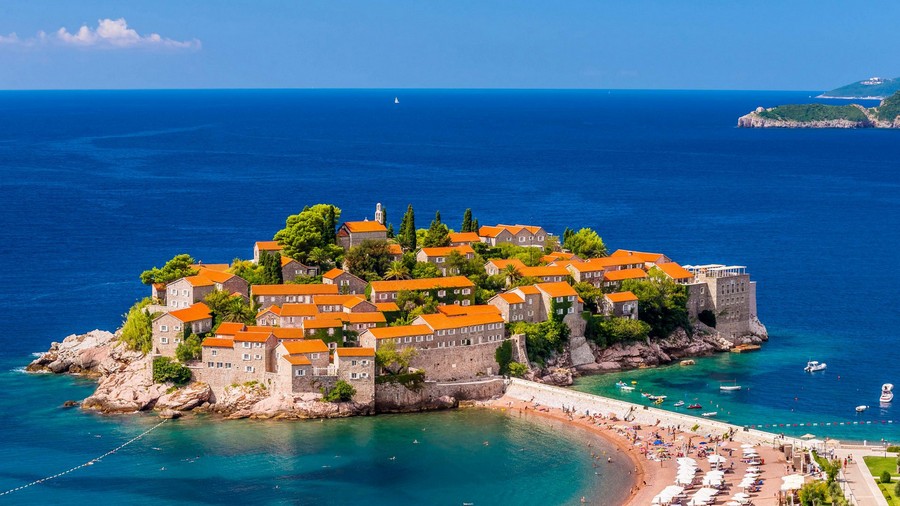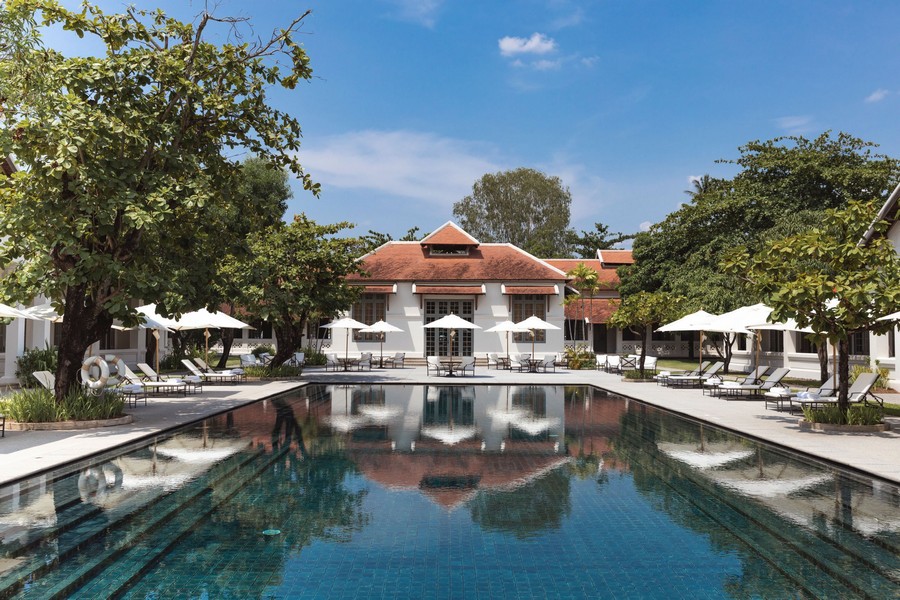Aman destinations are renowned for space and privacy. Each welcomes guests as if to the home of a close friend, instilling a sense of peace and belonging amid some of the most diverse natural and historical landscapes.
It is an approach that has changed little since 1988 when the first retreat was built on Phuket’s west coast. It was named Amanpuri, meaning ‘place of peace’, and Aman was born.
Today, Aman embraces 33 resorts, hotels, and private residences in 20 countries with a further seven coming soon, taking the brand to 40 resorts in 22 countries. Each resort has a small number of rooms, typically fewer than 55 and the staff count is typically four staff to one guest. There are no reception desks, lobbies or bellboys.
In addition to its resorts, Aman also offers the Amandira, a custom-built 52-metre two masted sailing yacht with five cabins. The vessel features world class diving equipment and can accommodate up to 3 couples or a family of 10. The boat is manned by a crew of 14, including a dive instructor and a private chef.
Offering five & seven day adventures, the yacht sails the Raja Ampat, an area encompassing over 40,000 square kilometres in the northeast seas of the Indonesian Archipelago where the Pacific becomes the Indian Ocean. The resulting currents stir up nutrient-rich water which, along with the tropical climate, nurtures magnificent coral reefs and unparalleled marine life.
Further defining its luxury brand is the AMAN Private Jet. An airborne extension of the Aman resort philosophy, it offers intimate and totally personalized experiences where every element is bespoke to the passenger’s wishes. The plane is a Bombadier Global 5000, one of the world’s most luxurious and spacious personal aircraft. With 12 seats, 6 fully reclining, the private jet offers an Aman experience in the skies. Catering for both short and long-haul trips as well as multi-destination journeys, the Aman Private Jet is ideal for groups, family and corporate travel.
A Journey To Peace
A founding pillar of Aman’s philosophy and the meaning of its name is “Peace.” This year, the Tibetan Bon Dzogchen Buddhist master and scholar, Geshe YongDong (fondly known as Geshe La) will visit six Aman locations in Europe, South-East Asia and Bhutan for a Journey to Peace.
Sharing the ancient wisdom of the Bon Dzogchen tradition, Geshe La will lead participants in a series of retreats, each one focused on a different step in the pathway to enlightenment. From learning to live in the moment to discovering the art of letting go, the Geshe’s teachings shepherd guests towards achieving and maintaining a state of serenity – in heart, mind and spirit.
‘Geshe’ is the highest monastic degree in Buddhism, a level of spiritual mastery only the most focused practitioners can achieve. Under the guidance of Geshe La, retreat guests will learn the practical skills needed to find peace in everyday life. Techniques covered include breath control to calm the mind, Tsa Lung exercises to relax the body, mindfulness practice to tune into the present moment, and meditation to promote inner peace.
A master of the Bon Dzogchen tradition, Geshe La became a Buddhist monk when he was just 13 years old, taking his vows at Tibet’s largest Bon Dzogchen monastery, Nangzhig Bönpo. At the age of 24, he was awarded the Rajampa Geshe degree, the highest awarded in Tibetan monastic education. In the three decades since, his spiritual journey has taken him all over the world, from studying with the 14th Dalai Lama in Tibet to introducing and teaching the YungDrung Bon Buddhism in Canada, where he lives. Today, he is one of a very few Bon spiritual masters living in the west and qualified to offer teaching.
Living in the Moment
Six nights: creating space for peace to enter
The Fivefold Teaching of the eight-century master Dawa Gyaltsen is central to the Dzogchen Buddhist tradition, a pathway to awakening achieved by simply doing nothing, learning to accept things as they are. By allowing thoughts to come and go without conscious interference, we allow the mind to naturally empty itself, creating a space for peace to enter.
Coming to the island of Sveti Stefan in Montenegro in September and the spiritual kingdom of Bhutan at Amankora in November, Geshe La leads a transformative weeklong journey into Dzogchen practice, with a daily programme of meditation, chanting and group workshops, with each day devoted to a different step of the Fivefold Teaching. Including six nights’ accommodation, full board and a 90-minute Grounding massage on the day of arrival, the retreat guides participants to still unquiet minds and find solace and clarity in the present moment.
As it is
Six nights: Understanding how to simply let go
For the Dzogchen practice, the aim is to simply sit quietly doing nothing. Guests are encouraged to leave everything ‘as it is’ without judgement. As thoughts arise, let them arise; as thoughts leave, let them go. Don’t chase them. Don’t stop them. This practice can be very easy or very difficult depending on your personality, your level of understanding, the quality of your practice, and your karmic connection to the Dzogchen view.
Coming to the shores of Amanpuri in Phuket in October and the fringes of Angkor at Amansara in November, Geshe La leads a transformative weeklong journey into Dzogchen practice, with a daily programme of meditation, chanting and group workshops, with each day devoted to a different step of the Fivefold Teaching. Including six nights’ accommodation, full board and a 90-minute Grounding massage on the day of arrival, the retreat guides participants to still unquiet minds and find solace and clarity in the present moment.
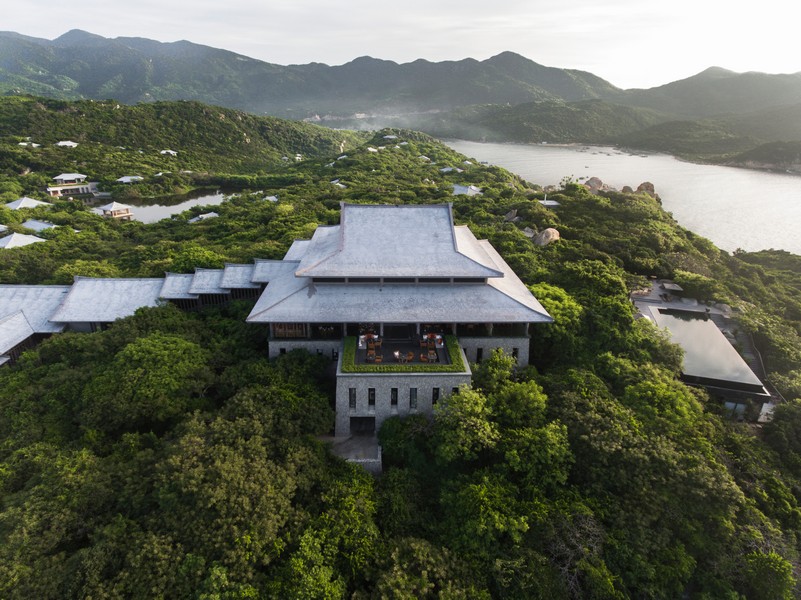
Amanoi, Vietnam
Embracing Impermanence
Six nights: understanding and acceptance of change
The hand that clings too tightly to familiar things cannot open to grasp something new. It is only by letting go of worldly distractions that we can find true peace. This retreat introduces the concept of Bardo – the liminal state between death and rebirth that animates the Tibetan Book of the Dead – and guides participants towards understanding and acceptance of transience and change.
Over the course of six days, Geshe La leads retreat participants on a journey of understanding through meditation, contemplation, breath work and mantras. Taking place at Amanoi beside Vietnam’s dramatic Vinh Hy Bay and at Amantaka in the Buddhist city of Luang Prabang, the programme is divided into two halves. The first focuses on cultivating a sense of calm in body and mind; the second explores mortality through mindfulness, teaching how to live a more fulfilled life by accepting what comes after it.
Silent Retreat
Three nights: focusing on the four foundations of mindfulness
Our busy everyday lives are full of noise and distractions that disturb our sense of harmony and pull us away from the essential truth of our being. A three-night programme at Amanoi and Amantaka, is designed to help guests shut out the noise and cultivate a sense of stillness and peace.
The Silent Retreat focuses on the four foundations of mindfulness – awareness of the body and the senses, of the heart and feelings, of the mind and thoughts, and of the essential impermanence of life. Incorporating a Nourishing Massage, all meals and four daily sessions with Geshe La, the Silent Retreat should be taken as an extension of the Embracing Impermanence programme or for those of advanced practice.
Dates & Reservations
Aman Sveti Stefan, Montenegro (Living in the Moment) Monday 27 September – Sunday 3 October 2021
Amanoi, Vietnam (Embracing Impermanence) Thursday 7 – Wednesday 13 October 2021
Amanoi, Vietnam (Silent Retreat) Thursday 14 – Sunday 17 October 2021
Amanpuri, Thailand (As it Is) Tuesday 19 – Monday 25 October 2021
Amansara, Cambodia (As it Is) Monday 1 – Sunday 7 November 2021
Amantaka, Laos (Embracing Impermanence) Thursday 11 – Wednesday 17 November 2021
Amantaka, Laos (Silent Retreat) Thursday 18 – Sunday 21 November 2021
Amankora, Bhutan (Living in the Moment) Wednesday 24 – Tuesday 30 November 2021
For further information contact eservations@amanresorts.com



